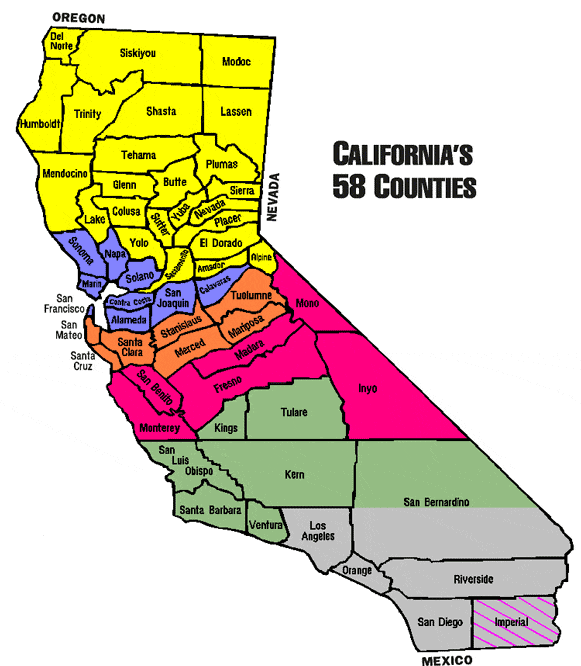 Legislation was recently introduced in the California State Senate to reduce the crime of possession:
Legislation was recently introduced in the California State Senate to reduce the crime of possession:
heroin
hashish
cocaine
methamphetamine
… as well as all Schedule III, IV and V controlled substances from a felony to a misdemeanor.
Schedule III, IV and V drugs include prescription painkillers like Vicodin in some doses. The bill would also exclude more drug related crimes from the requirement that people convicted of certain drug related crimes register with local law enforcement upon joining a community. The legislation is an effort to reduce the penalties for certain types of drug possession.
San Francisco Senator Leads the Way to Reform
Senator Mark Leno of San Francisco, who successfully sponsored a bill two years ago that reduced possession of quantities under one ounce of marijuana to an infraction from a misdemeanor, is sponsoring bill SB 1506. The bill would reduce the maximum penalty for possession of these drugs from three years in state prison to one year in county jail. Across the country, 13 other states treat possession of these drugs similarly as misdemeanors. California’s prisons are notoriously overcrowded, and the bill’s sponsors question the wisdom of putting non violent drug users in prison where they are unlikely to receive treatment for their addictions. The bill’s supporters also say that people convicted under the current law are stigmatized as convicted felons, and often have trouble finding work or appropriate educational opportunities after being released from state prison.
Sponsors and supporters of the bill claim that its passage will save the state and counties money in enforcement and imprisonment costs. The NAACP, ACLU and the Drug Policy Alliance support the bill while Californians for Drug Free Youth are concerned that the bill, if it becomes law, would confuse young people about the seriousness of drug abuse and undermine the message to young people that drug use is a serious problem. Citizens Against Legalizing Marijuana are also opposed to the bill because it treats drug possession as a less serious crime than under current law. The bill’s success or failure may depend on the opinion of the influential California District Attorneys Association, which has not supported past efforts to reduce penalties for marijuana related crimes.
Whatever happens with the bill, it’s apparent that the current approach to strict punishment, without making efforts to treat the addiction, is not working. It’s possible that a solution lies somewhere in the middle. The problem needs to be taken seriously, but we have to treat the disease in order to find a cure.
